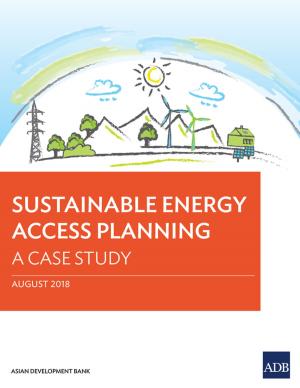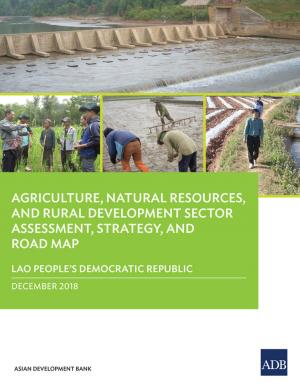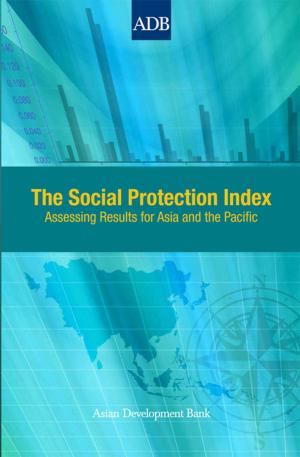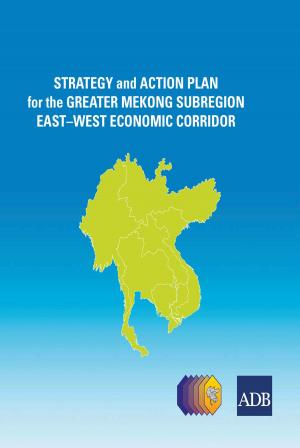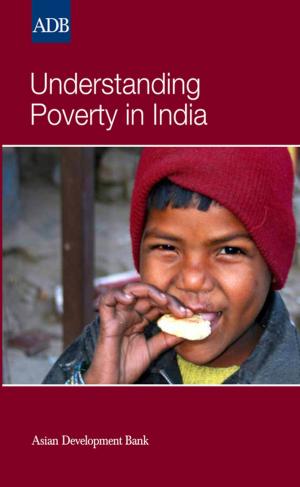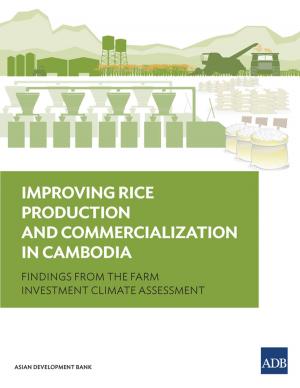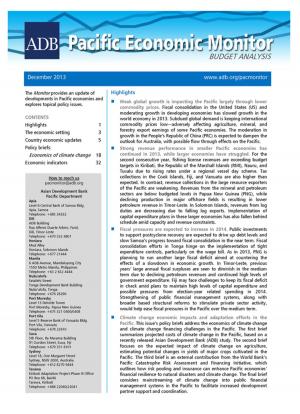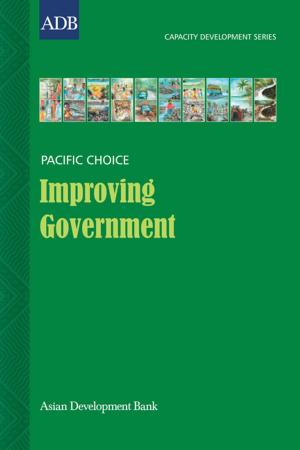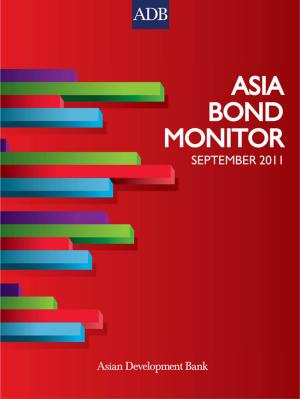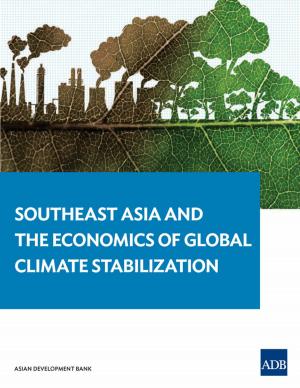Strengthening Carbon Financing for Grassland Management in the People's Republic of China
Mitigation Options in Grassland-Based Animal Husbandry
Nonfiction, Science & Nature, Technology, Agriculture & Animal Husbandry, Science, Earth Sciences, Business & Finance, Economics| Author: | Asian Development Bank | ISBN: | 9789292543884 |
| Publisher: | Asian Development Bank | Publication: | February 1, 2014 |
| Imprint: | Asian Development Bank | Language: | English |
| Author: | Asian Development Bank |
| ISBN: | 9789292543884 |
| Publisher: | Asian Development Bank |
| Publication: | February 1, 2014 |
| Imprint: | Asian Development Bank |
| Language: | English |
The majority of the People's Republic of China's 3.9 million square kilometers of grasslands are degraded and contribute to the emission of greenhouse gases. Restoring degraded grasslands and increasing the efficiency of forage utilization are key strategies for addressing sustainable grassland management. To balance carbon sequestration and livestock production objectives, changes in grazing and livestock management are required. This publication summarizes potential technical measures to increase carbon sequestration and reduce the intensity of greenhouse gas emissions from grassland-based animal husbandry. Carbon finance may help provide an incentive for some mitigation activities such as restoring degraded grasslands and increasing the efficiency of forage utilization.
The majority of the People's Republic of China's 3.9 million square kilometers of grasslands are degraded and contribute to the emission of greenhouse gases. Restoring degraded grasslands and increasing the efficiency of forage utilization are key strategies for addressing sustainable grassland management. To balance carbon sequestration and livestock production objectives, changes in grazing and livestock management are required. This publication summarizes potential technical measures to increase carbon sequestration and reduce the intensity of greenhouse gas emissions from grassland-based animal husbandry. Carbon finance may help provide an incentive for some mitigation activities such as restoring degraded grasslands and increasing the efficiency of forage utilization.

